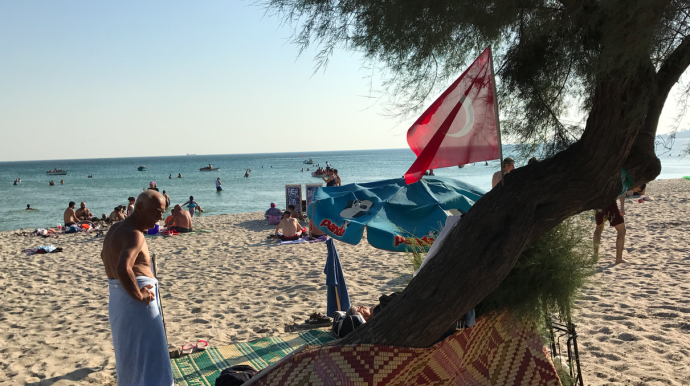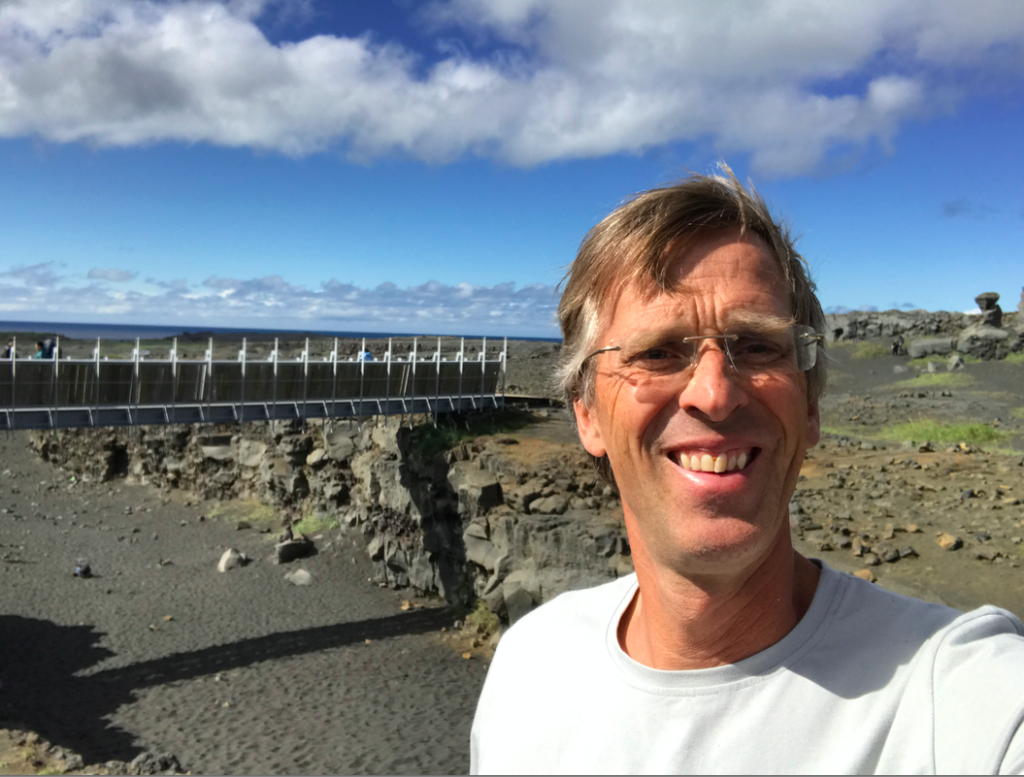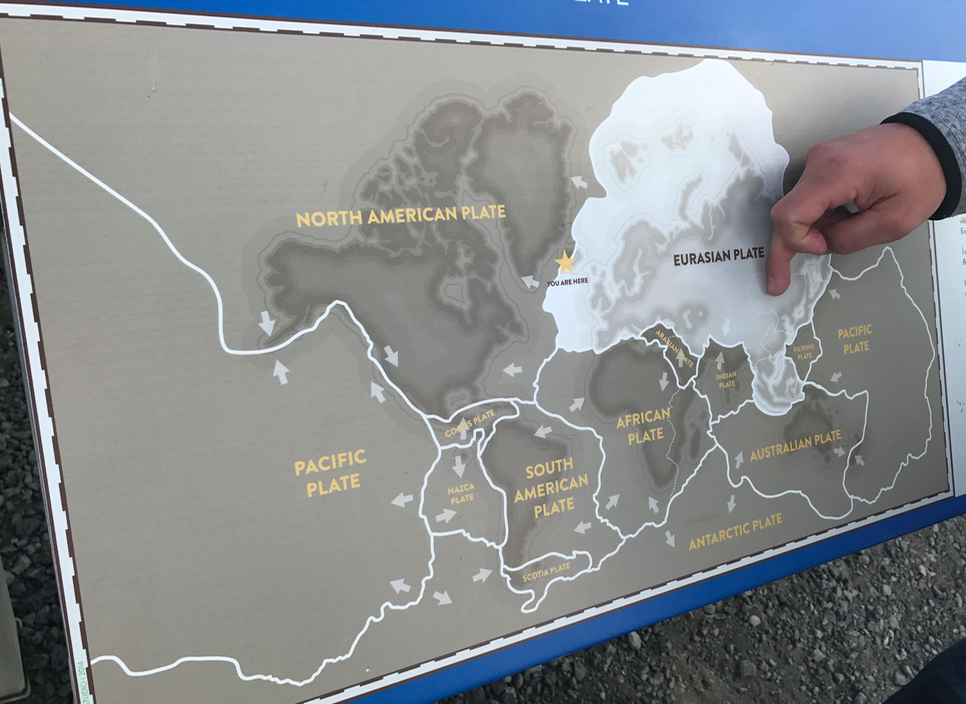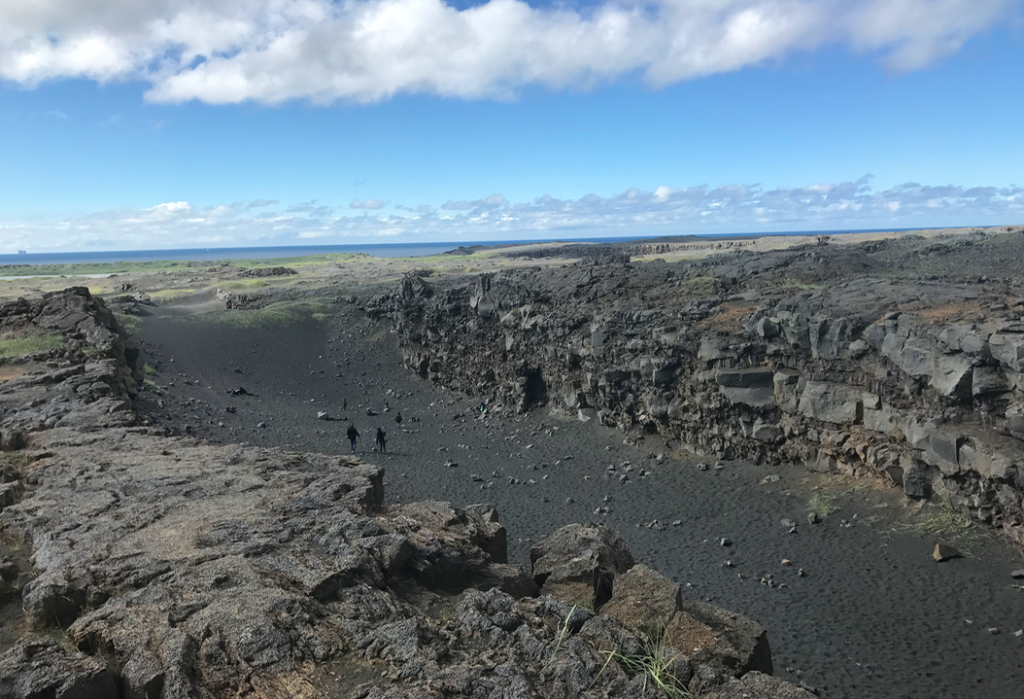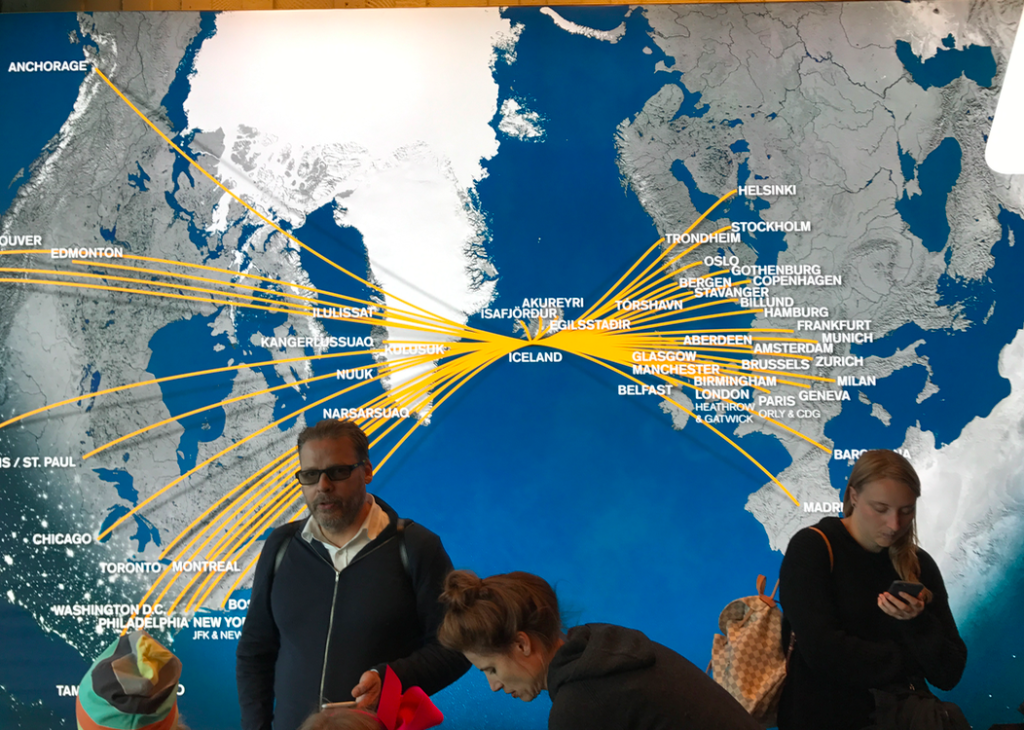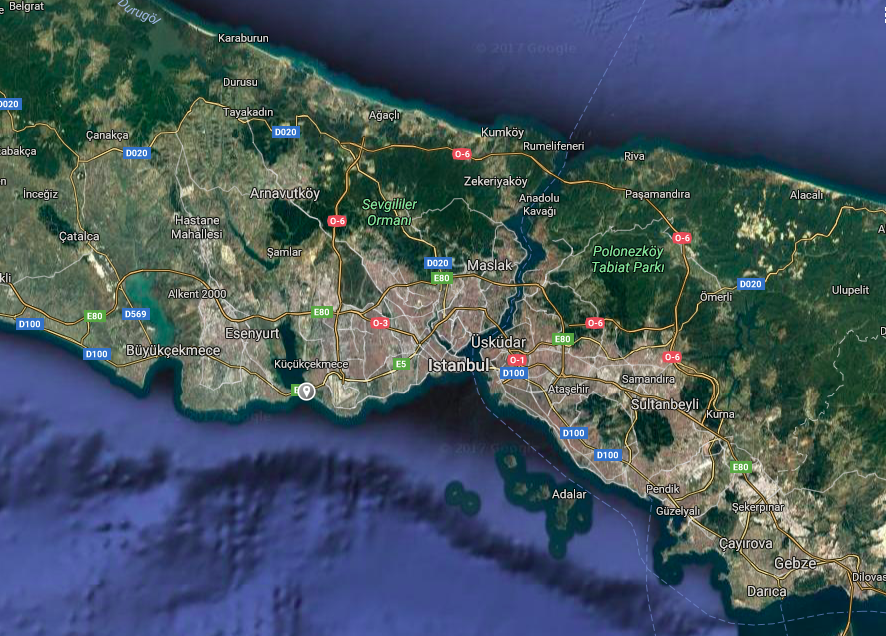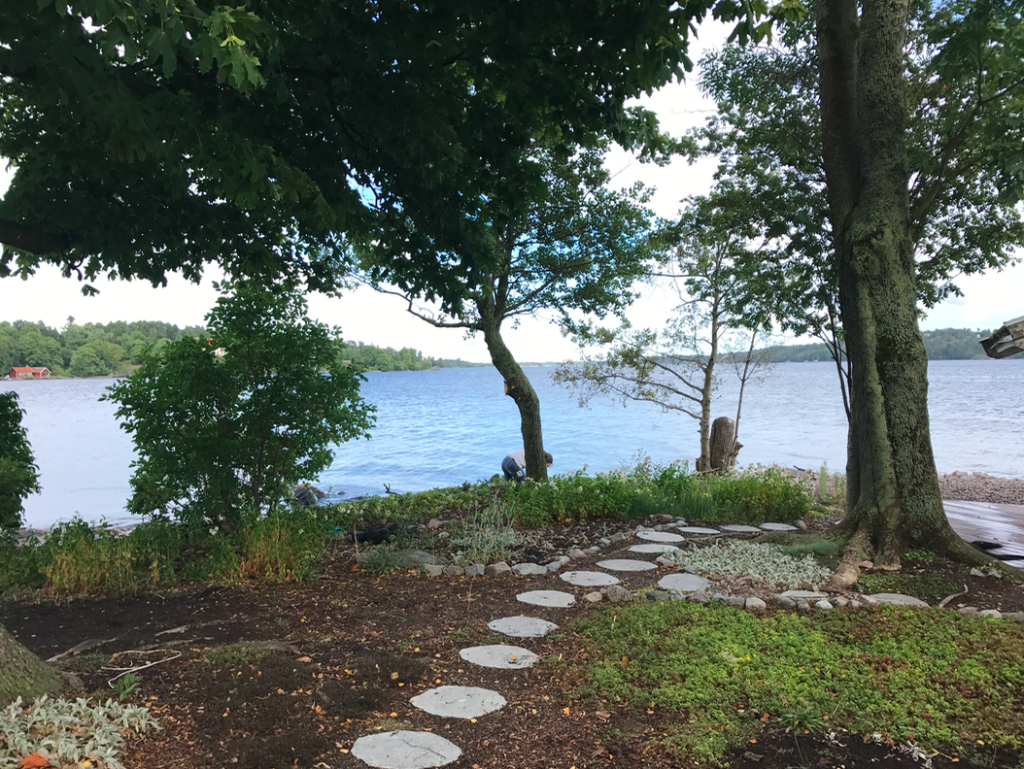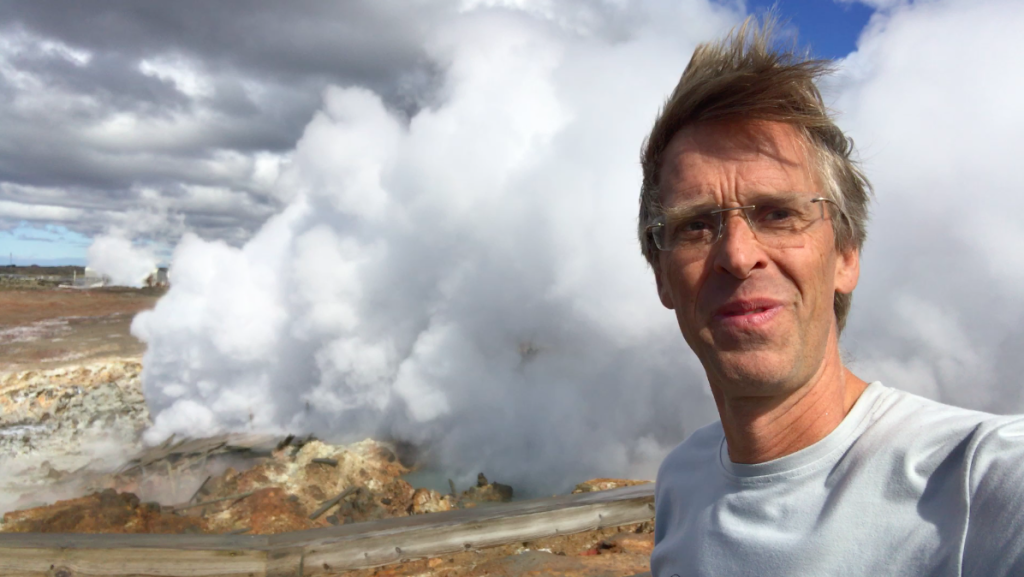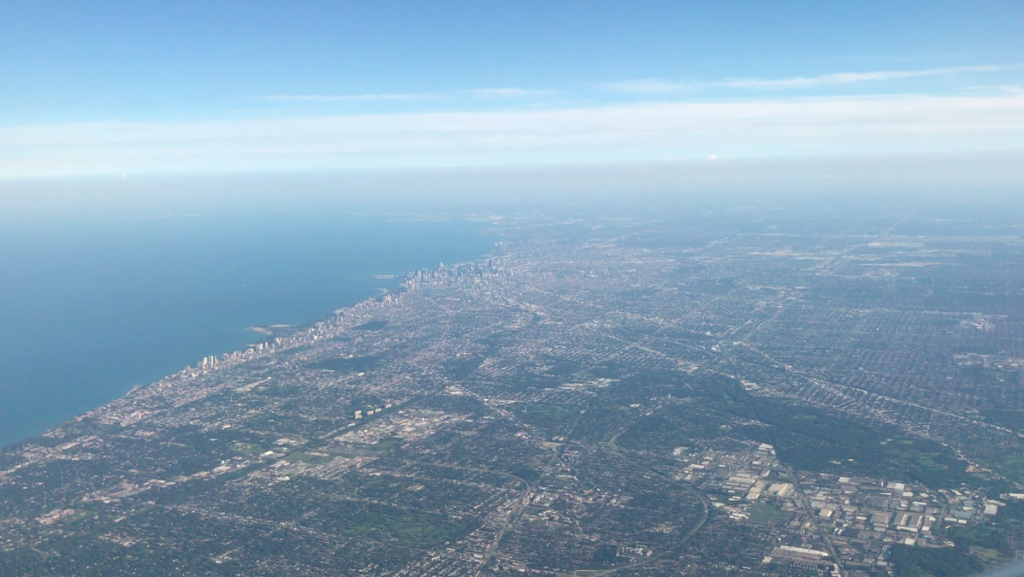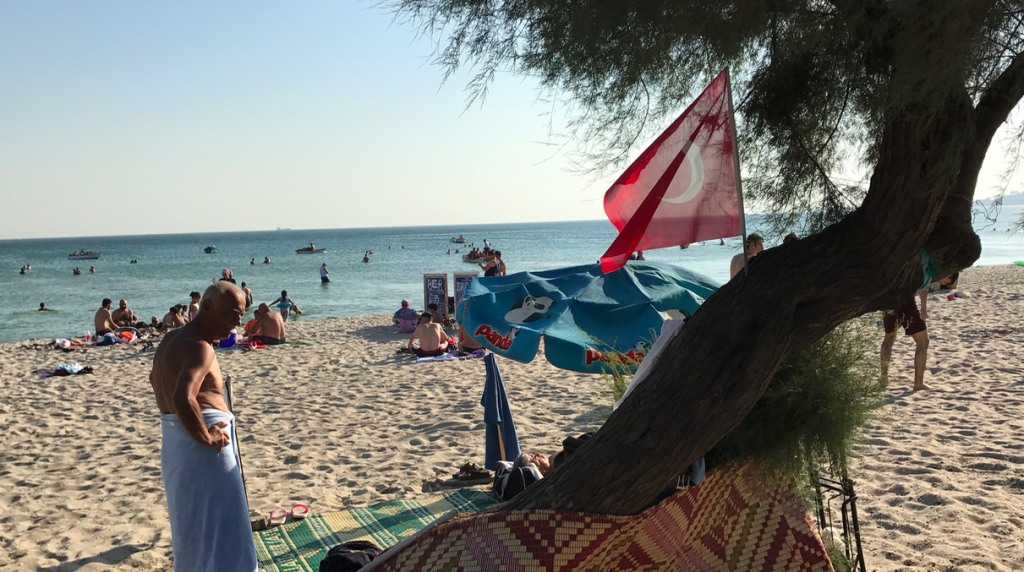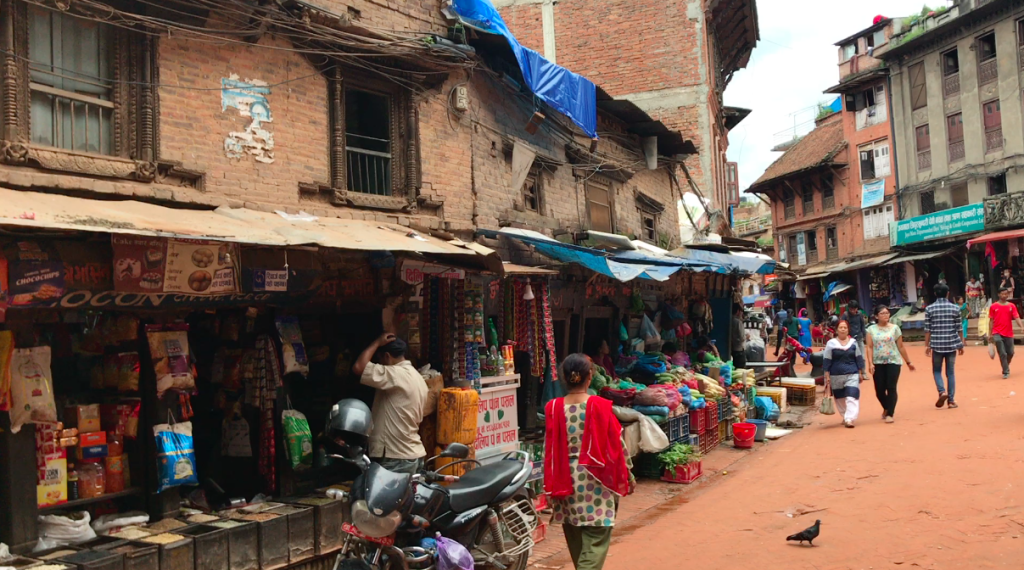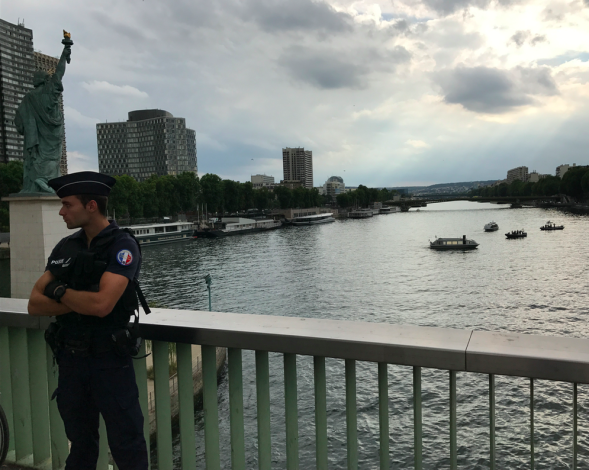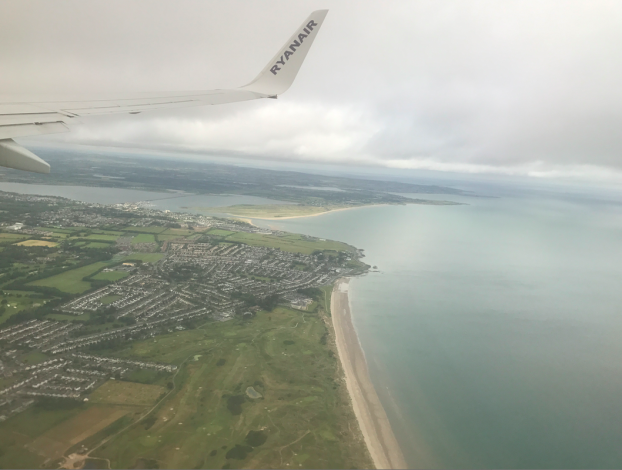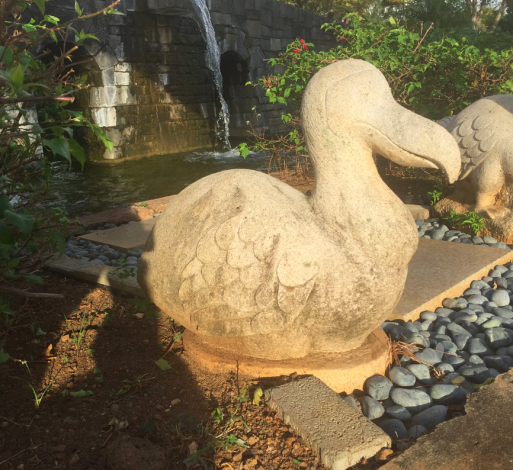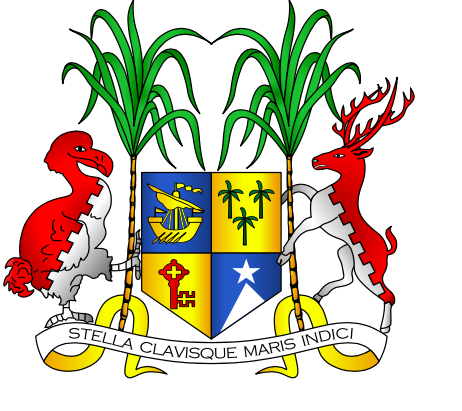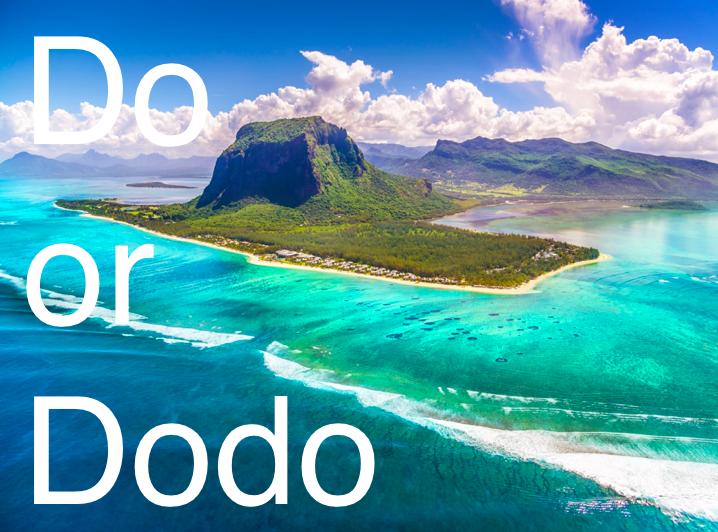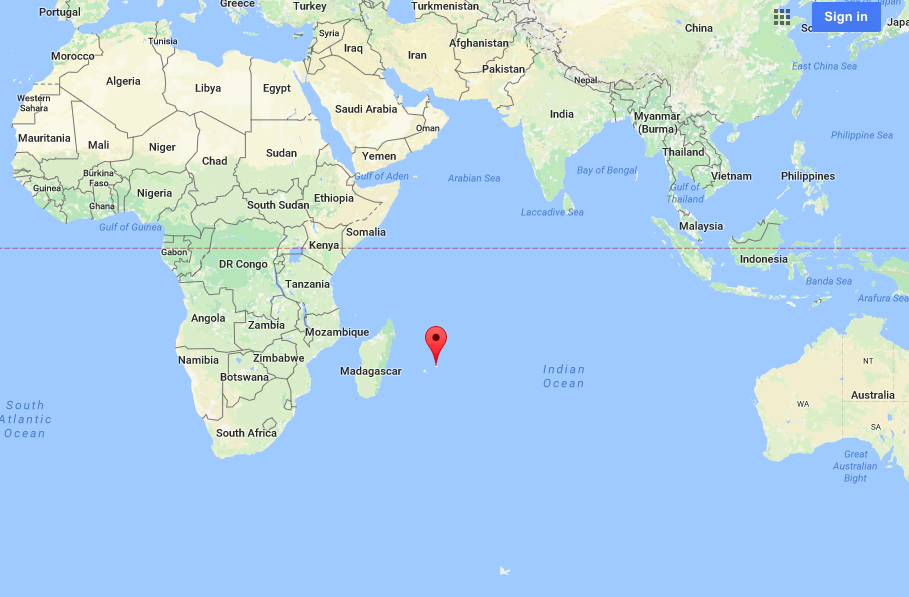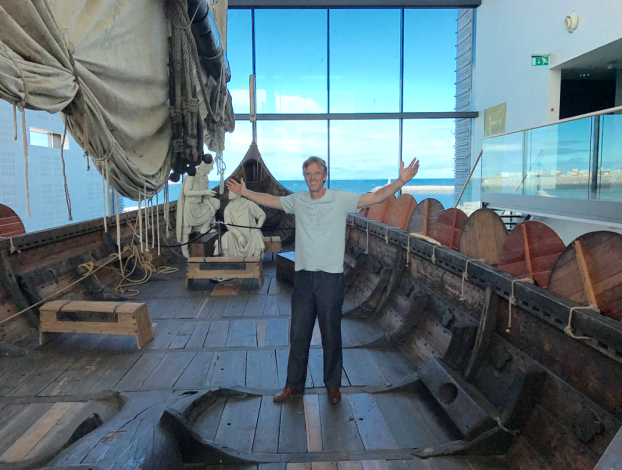
The island of Iceland. Island number 21 (out of 100), country number 18 (out of 25), month number 20 (out of 100.)
Coming to Iceland is not like coming to another country.
It’s like coming to another planet.
A smaller, rougher, more barren planet than ours.
And I always feel I learn something about Earth when I come to Iceland.
I am back in Iceland as part of my “100 islands world tour to learn about humanity” as Iceland has a very special place in my heart: It’s the country that made me move past countries.
I remember exactly when I became a truly global citizen, or as I like to think of it: When I became a Member of Humanity.
It was at a time where I had decided to stop living in Beijing, but not yet decided that I was going to live in Singapore. For about 6 months I literally did not have a home.
I was flying from speech to speech around the world while figuring out where to live next.
And during that time of my life I arrived for a speech in Iceland and woke up one morning with a terrible tooth ache.
I remember saying to myself; “I need to get this fixed as soon as I get home!”
And then it hit me: I did not have “a home” …
So I googled “English speaking dentist Reykjavik” and got my tooth fixed in Iceland.
That is when I realised that I am at home everywhere on earth. If I need to go to a dentist, I just go to a dentist where ever I may be. No need to wait until I get “home”.
It’s not that a Member of Humanity doesn’t have a home. It’s the other way around, as a Member of Humanity everywhere is your home.
I was thinking of this story as I today am back in Iceland sitting in a hospital room.
Yesterday I fell badly and hurt my leg while getting a heavy car battery into a rowing boat in Sweden. Then I got on an Iceland Air-plane to got to Chicago but during the stop-over in Iceland the leg started to hurt more and more.
So here I am, waiting to get my leg X-rayed in a small hospital in Keflavik, Iceland.
A Swede, living in Singapore, flying from Stockholm to America via Iceland – and then off to Nepal via Istanbul.
But now sitting in a hospital waiting room to have my leg looked upon by a doctor.
And again I feel like it was natural to go to the doctor here, not wait until I “got home”. I was already home.
I love Iceland.
It’s a small island of just over 300,000 people far away from any other country.
People in Iceland are living close to nature, but far away from the rest of humanity.
But they are not, at all, isolated from humanity.
Being such a small country they have realised that they have to look after themselves -and at the same time they need to be open for ideas from outside.
One of my all time favourite words is the Icelandic word: “Heimskur”.
It is an old, viking word that is very Icelandic.
Way back, during the age of the Vikings, the Icelandic vikings had a tradition that if you had a farm you should build a Viking ship, go sailing to other countries and steal as much as you could. Steal gold, weapons and treasures – but more than anything else: Steal Ideas. Learn how they do things in other parts of the world, and then bring back those ideas to your farm on Iceland.
If you did not do that you were a “heimskur”.
Heimskur means “idiot”…
If you do not learn from others you are stupid.
The Icelandic Vikings knew that isolating yourself from the rest of humanity was a bad idea. That picking up ideas from others made sense.
1000+ years later the Icelandic people are still both proud of who they are and curious to learn from the rest of humanity.
Perhaps being a small number of people living on a tiny, rough, “planet” makes it easier for them to see the need to think as one humanity.
Do not be a Heimskur.
Travel the world.
Learn from the world.
Be part of the world.
Be a Member of Humanity.
Fredrik Haren, aka “The Island Man”, plans to visit 100 islands, in at least 25 countries, on at least 6 continents – in less than 100 months. The purpose of this “World Tour of Islands” is to get a better understanding of the world, a deeper understanding of the people who live here and a broader understanding of life. The island of Iceland was island number 21, country number 18 and month number 20. (Countries visited so far: China, Sweden, Maldives, Austria, Nigeria, Vietnam, Egypt, Indonesia, USA, Malaysia, Thailand, Hong Kong, India, Mauritius, United Kingdom, Ireland, France and Iceland.)
